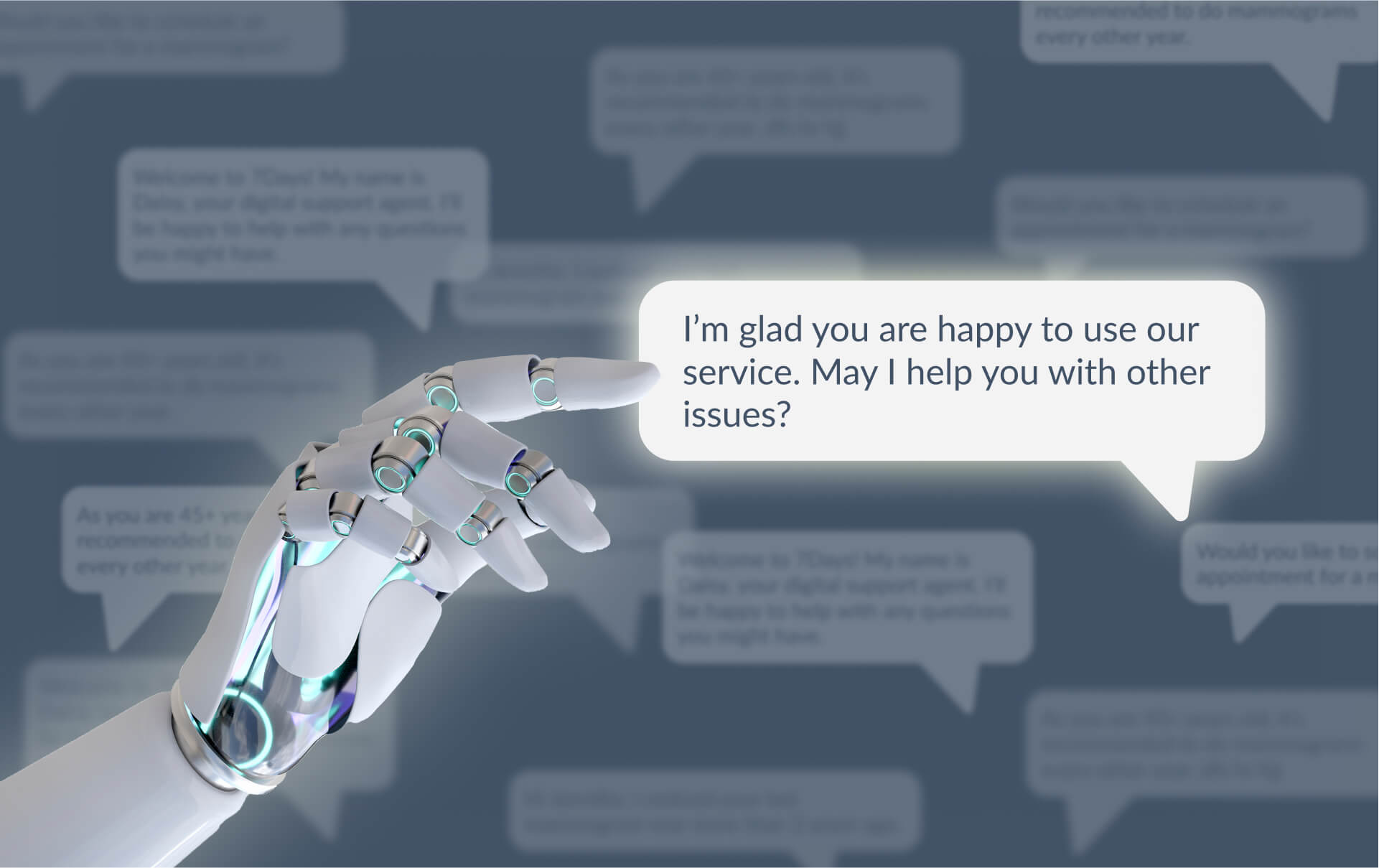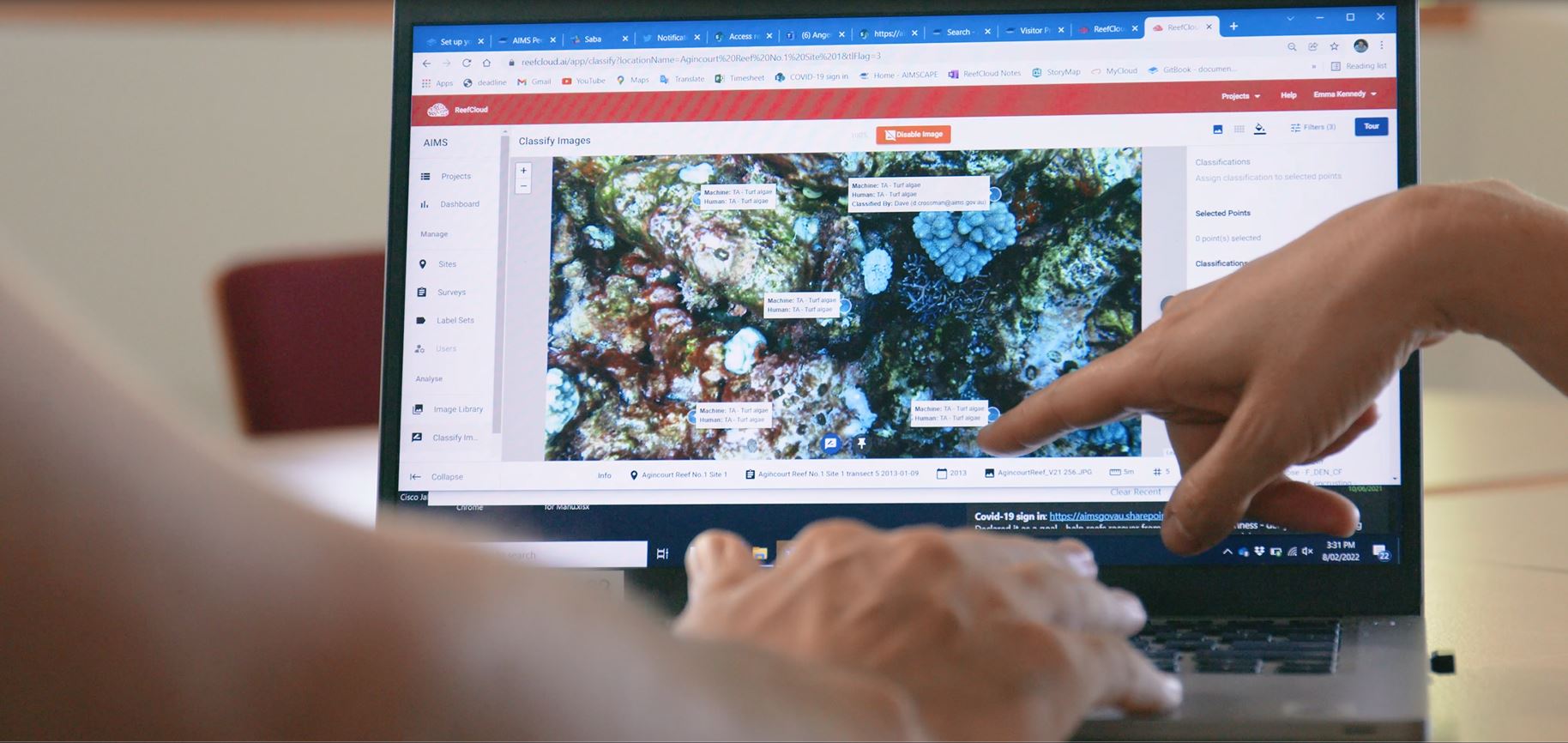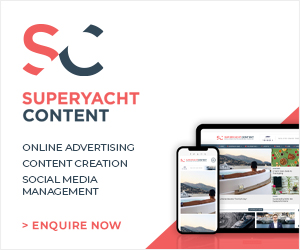Launched in November, ‘ChatGPT’, an AI chatbot has taken the world by storm. ‘OpenAI’, the American artificial intelligence research laboratory behind ChatGPT and the text-to-image generator ‘DALL·E 2‘, confirmed that more than one million people had signed up within five days to test the technology.

Since then, social media has exploded with sample prompts and ChatGPT transcripts where it has shown its ability to do everything from writing essays to basic coding and creating cover letters for job applications. In this article, Rebecca Whitlocke discuss the impact AI-generated content will have on yacht crew and yachting businesses.
What is ChatGPT and how does it work?
ChatGPT is a chatbot that’s a variant of the GPT (Generative Pre-trained Transformer) language model that has been specifically trained to generate human-like responses to text prompts. Unlike voice-activated Siri, users must type a question or text prompt and ChatGPT generates answers based on the input data.
ChatGPT: 7 Examples For Yacht Crew
Artificial intelligence is already being used in the maritime industry for yacht design and platforms such as ‘ReefCloud‘, a digital tool that uses machine learning and advanced analysis to rapidly extract and share data from images of coral reefs.
For yacht crew, there are several ways to use ChatGPT, depending on your specific needs and goals. There are various day-to-day processes that can all be improved with the use of AI; whether in planning, content creation, onboard management, communication, maritime training, or education.

1. YachtCrew Job Applications
Open your target job description and a copy of your CV. Login into ChatGPT and input the following into the prompt box:
“Write me a personalised cover letter explaining why I’m a great candidate for this job. The job position is [Job Title], the company is [Company Name], and here is the job description: [Paste Job Description]”
ChatGPT will create a generic cover letter for you. Once that’s finished, you can type the following into the prompt box:
“Revise and personalise this cover letter using my resume: [Paste Resume Content]”
When that is done, ask ChatGPT to tweak your cover letter for you. Enter text prompts such as:
“Please rewrite this cover letter and include more certifications relevant to the superyacht industry from my resume.”
“Please rewrite this cover letter and use more solution-oriented language to describe my experience in the yachting or luxury hospitality industry.”
ChatGPT will write you a cover letter completely tailored to your target job description based on your own skill set, certifications, and work experience.
I am not advocating that ChatGPT replaces the need for yacht crew to understand how to tailor their job applications to each specific role they apply for. However, it’s a good way to help crew (especially those new to the industry) to understand the fundamentals of job searches and provide a basis for setting up a cover letter. I also don’t recommend simply copying, pasting, and submitting ChatGPT’s cover letters to crew agents as they are – you should proofread and polish any cover letters before sending. I submitted a few test cover letters to crew recruiters who said the cover letters came across like genuine candidates and some of them were actually better examples than many crew submit. However, all recruiters agreed that the cover letters lacked creativity and personality.
2. Responses to Crew Recruiter emails or Yacht Crew Job interview questions
If crew are struggling to write an email response to a crew recruiter, they can refer to ChatGPT Writer; it uses ChatGPT to generate emails or replies based on your prompt. See here.
In advance of job interviews, ChatGPT can also roll out as many test questions as you want that are specific to your job role to practise for a crew job interview. And since it’s a chatbot, you can continue the dialogue back and forth. Likewise, if you’re the one hiring, you can use ChatGPT to stimulate ideas or questions you might want to ask candidates.
3. Onboard Party Planning and Event Concepts
ChatGPT can help yacht crew to brainstorm event concepts and ideas for onboard parties.
You can fine-tune the response by inputting detailed instructions such as your ideal ambiance, event styling props, colour palette, the proposed entertainment, the proposed location of the event, and activities the guests may like, which will help ChatGPT’s response.
As examples, you can input a text prompt such as “What is the best type of decoration for a superyacht party themed around James Bond?” or “Tropical theme party ideas” or “Outline 3 event concepts for a corporate yacht party that are currently trending with advertising professionals in Europe.”
ChatGPT will create a list of potential event concepts and formats that sync with the theme, interests, and preferences you give with your input data. It can also generate custom invitations and bespoke event information sheets, specific to each of your charter participants, crew, and vendors.
Read More: Is There Such Thing As Job Security In Yachting?
4. Personalised Nutrition and Meal Planning for Yacht Chefs
Is ChatGPT up to the challenge of creating world-class menus for superyacht guests? Yacht Chef Nina Wilson already tested AI’s capability, which you can read about on The Superyacht Chef website here: thesuperyachtchef.com
It appears that AI-generated menus can help guide chefs to make basic personalised nutrition and meal plans for any particular diet, however its ability to plan and adapt those exceptional high-end menus that owners or charter guests expect is lacking. And that’s before chefs have taken into account provisioning in remote charter destinations or ingredient availability.
The jury is out – yacht chefs will come up winning over AI for planning and delivering menus based on their guests’ dietary preferences and requests.
5. Social Media Support
Many yacht crew also own their own companies offering services such as virtual admin support, consultancy, or photography.
Social media content creation can be time-consuming, so ChatGPT can help crew-owned businesses create social media captions and hashtags. It can’t give you a caption for highly technical posts, but it can produce captions for things such as ‘World Oceans Day’ or boat shows. This saves you time because you can batch-prepare captions and schedule them in advance.
6. Training and Education
AI can be used to provide training and education for the maritime sector, for example through the use of simulated environments that allow deck crew to practice and hone their skills.
It’s also useful for conducting simple research or generating summaries from lengthy text and training manuals because the range of topics and speed with which ChatGPT can return responses is astounding. As it is dialogue based, you can ask it to tweak the responses. I tested it by asking ChatGPT to summarise a section of an RYA Powerboat Handbook and it was impressive; it created a summary and sample questions to test knowledge of the section in less than 20 seconds.
However, one of the issues is making sure educators in the maritime industry know the tool’s capabilities so they can monitor inaccuracies or ethical misuse. At the time of writing, OpenAI is attempting to add text-based watermarks to ChatGPT text to prevent plagiarism.
7. Onboard Inspiration and Trends
For interior and service crew, ChatGPT can collate recommended lists of the world’s most popular cocktail recipes, give inspiration for design trends for yacht interiors using specific colour palettes, or advice for yacht interior cleaning tips and hacks.
ChatGPT’s Future Outlook For Crew
This is not about suggesting ChatGPT as a total replacement, or saying that ChatGPT will threaten jobs, but understanding its use as a tool for accomplishing tasks. ChatGPT and other AI tools can give yacht crew a solid base for improving workflow, enhancing time management, and assisting in generating concepts and ideation.
OpenAI is trained on text information covering a variety of sources and subjects, but its knowledge is limited up to 2021 and it can’t access search engines to source new information. ChatGPT’s current output for yachting content seems to be average rather than hugely knowledgeable, so the benefit lies in giving the right parameters to ChatGPT and editing it to be more relevant today.
At this stage, ChatGPT doesn’t give attribution for its responses so it’s still unclear what the legal implications may be for reusing ChatGPT content, or if the end responses are gleaned from the intellectual property of others. There are also considerations that people need to be wary of penalties by Google if website content is automatically generated with AI tools and doesn’t adhere to the search engine’s webmaster guidelines.
ChatGPT can aid and automate many tasks, but it can’t replace the human touch that makes the yachting industry distinctive. Ultimately, if yacht crew want to stand out, keep pushing to communicate your own experiences and consider putting time and effort into showcasing your individual personal journey because it’s an important part of who you are and your future career.
To stay up to date with the latest Crew articles, sign up to our Newsletter:








.gif)





.gif)




